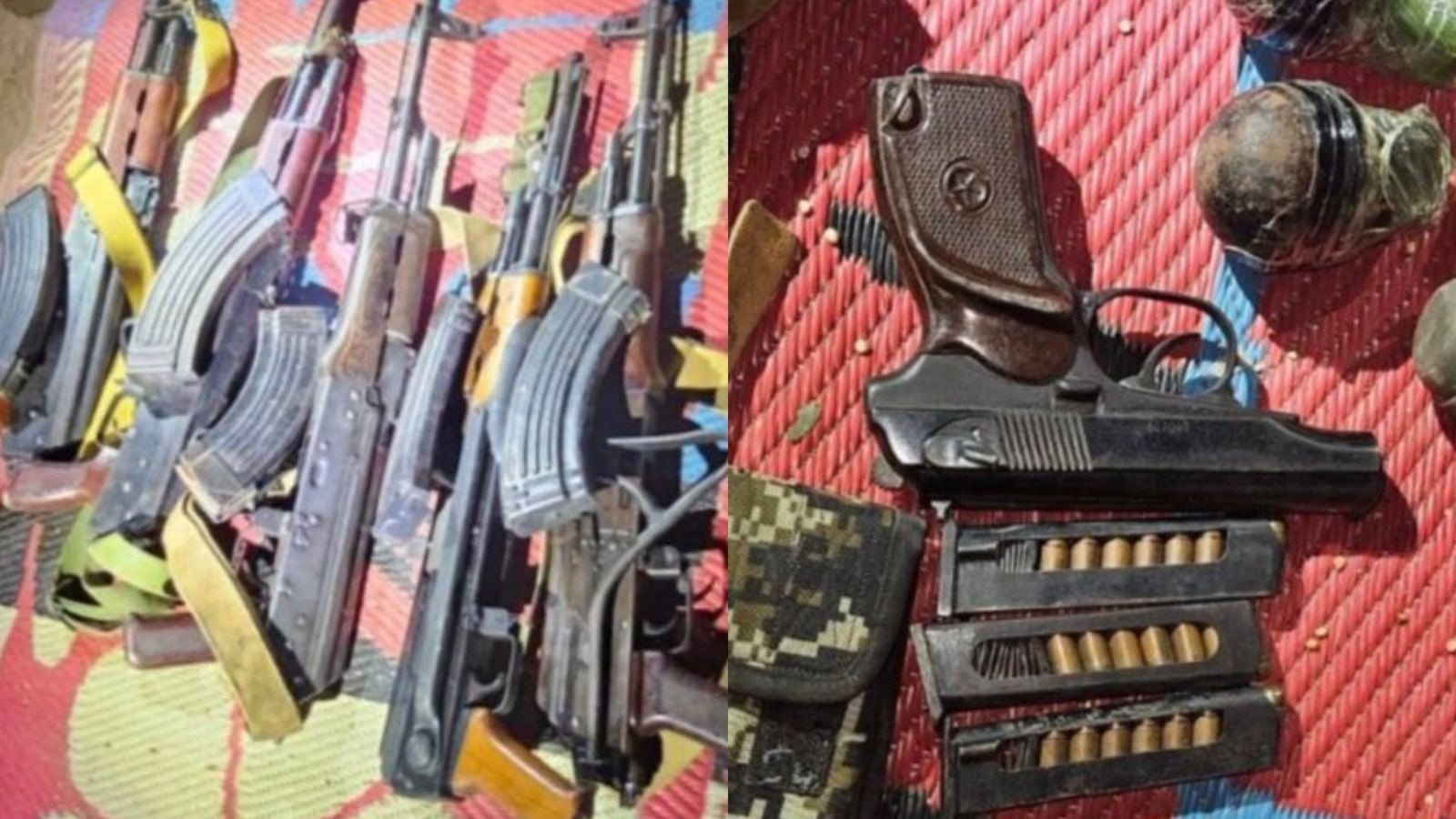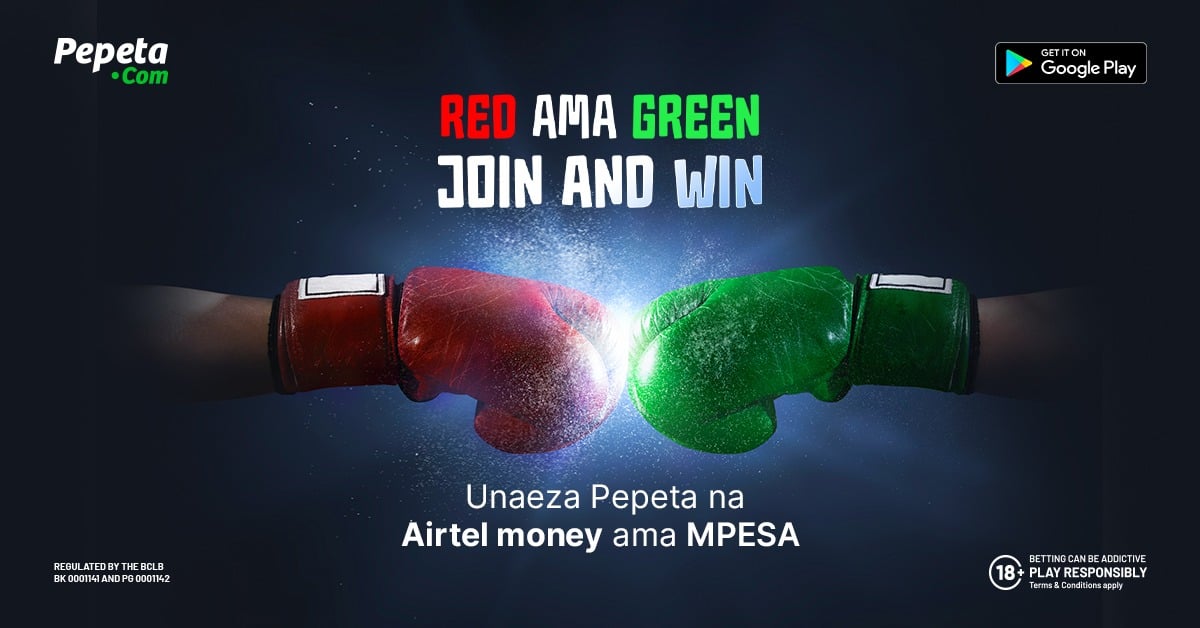The National Police Service (NPS) has been instructed to immediately report any incidents involving injuries or deaths of individuals while in police custody to the Independent Policing Oversight Authority (IPOA).
In a statement on Thursday, April 24, the Ministry of Interior also directed NPS to fully cooperate with IPOA during investigations into such cases.
According to the ministry, the directive is part of broader reforms to ensure human rights are upheld in law enforcement.
“On human rights, work is underway to modernize police stations, aiming to make them models of service and accountability.
"The NPS now mandates immediate reporting of deaths or serious injuries in custody and full cooperation with the Independent Policing Oversight Authority (IPOA)," the statement read.
Read More
The ministry also noted that new measures are designed to restore public confidence in the police and other security agencies.
“We are working to improve transparency and rebuild public trust in the National Police Service (NPS), Kenya Prisons Service (KPS), and National Youth Service (NYS) — the Judiciary as our partners in the criminal justice system should support these efforts, not undermine them,” the statement continued.
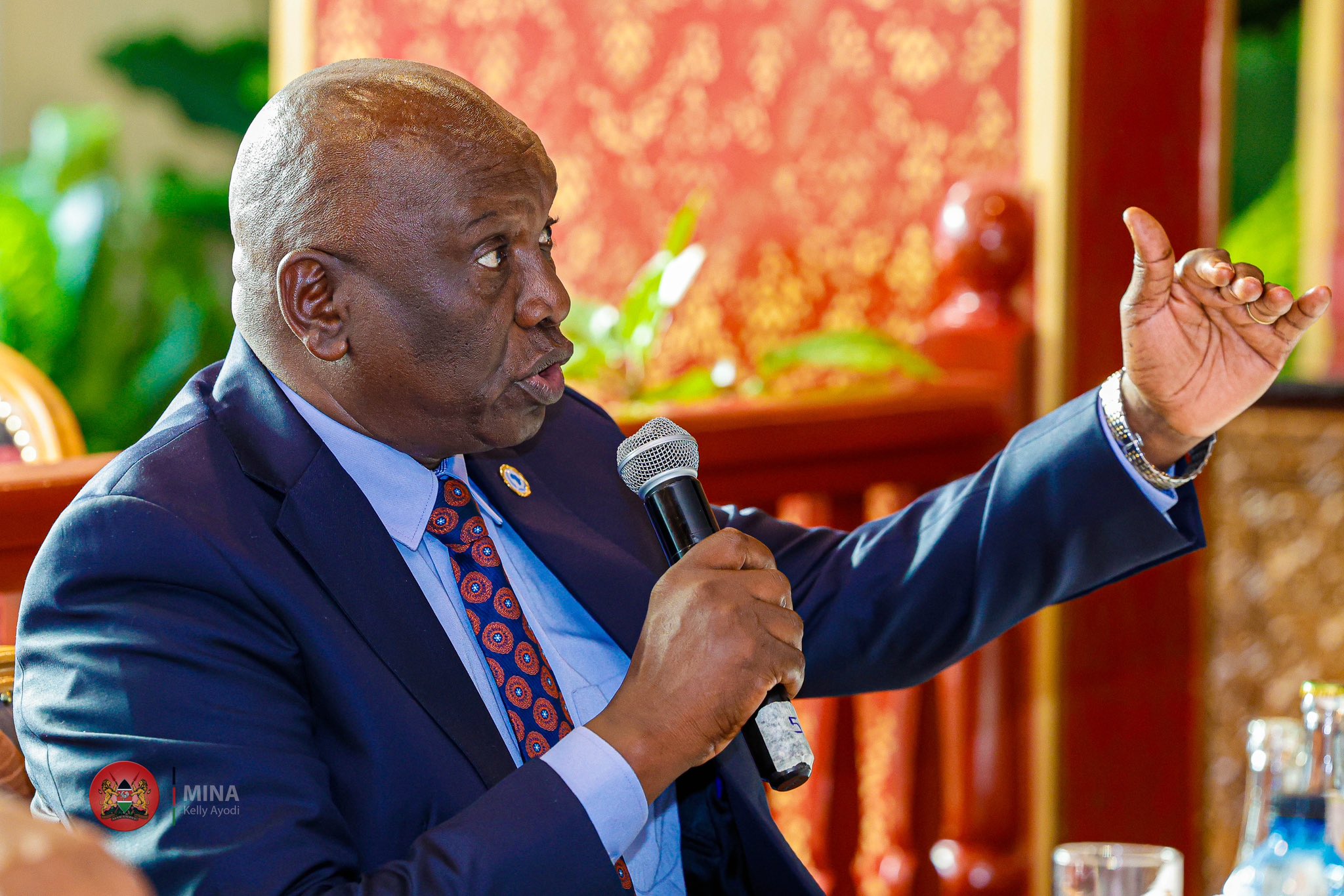
In addition to addressing human rights concerns, the ministry also outlined ongoing efforts to combat corruption, particularly in recruitment and traffic enforcement.
"Efforts to curb corruption are ongoing, especially in recruitment and on our roads. Soon we will demonstrate how these processes will no longer be manipulated through online recruitment, a digital Occurrence Book (OB) and instant traffic fines,” the statement added.
This directive comes in the wake of claims by activist Boniface Mwangi that he was violently arrested and assaulted while in police custody.
In a statement on Monday, April 21, Mwangi recounted the incident that happened in the presence of his colleagues at Sema Ukweli offices.
He narrated that the encounter turned violent when he confronted an armed officer who was intoxicated.
According to Mwangi, the assault continued as he was being transported to the police station and after being booked.
The 41-year-old noted that it took the intervention of his colleagues, who had followed him to the station for the assault to stop.
"As they violently loaded me into the police vehicle, right in front of my colleagues and neighbours, Ouko hit me very hard on the ribs with the butt of his gun. After we arrived at the police station, and l was thrown into the police cell, Ouko followed me inside and assaulted me some more.
"He rained blows on me as another fellow officer held me down. It was only my screams that saved me because my colleagues who had followed the police car started screaming at the police officers, demanding that they stop beating me," he noted.
Mwangi says he received medical attention the following morning after the station’s Officer Commanding Station (OCS) intervened.
"I underwent a few procedures, including X-rays to check my ribs, a head scan, and an ultrasound to check for internal injuries that I might have sustained in the cells when Ouko punched my body where my kidneys are located. Luckily, I had no fractures. I sustained injuries on my wrists, knee, had a busted lip, and had a lot of pain on my left ribs where Ouko had hit me with a gun butt. I could also barely see through my left eye," he recalled.
Mwangi was later released on a Ksh5,000 cash bail.
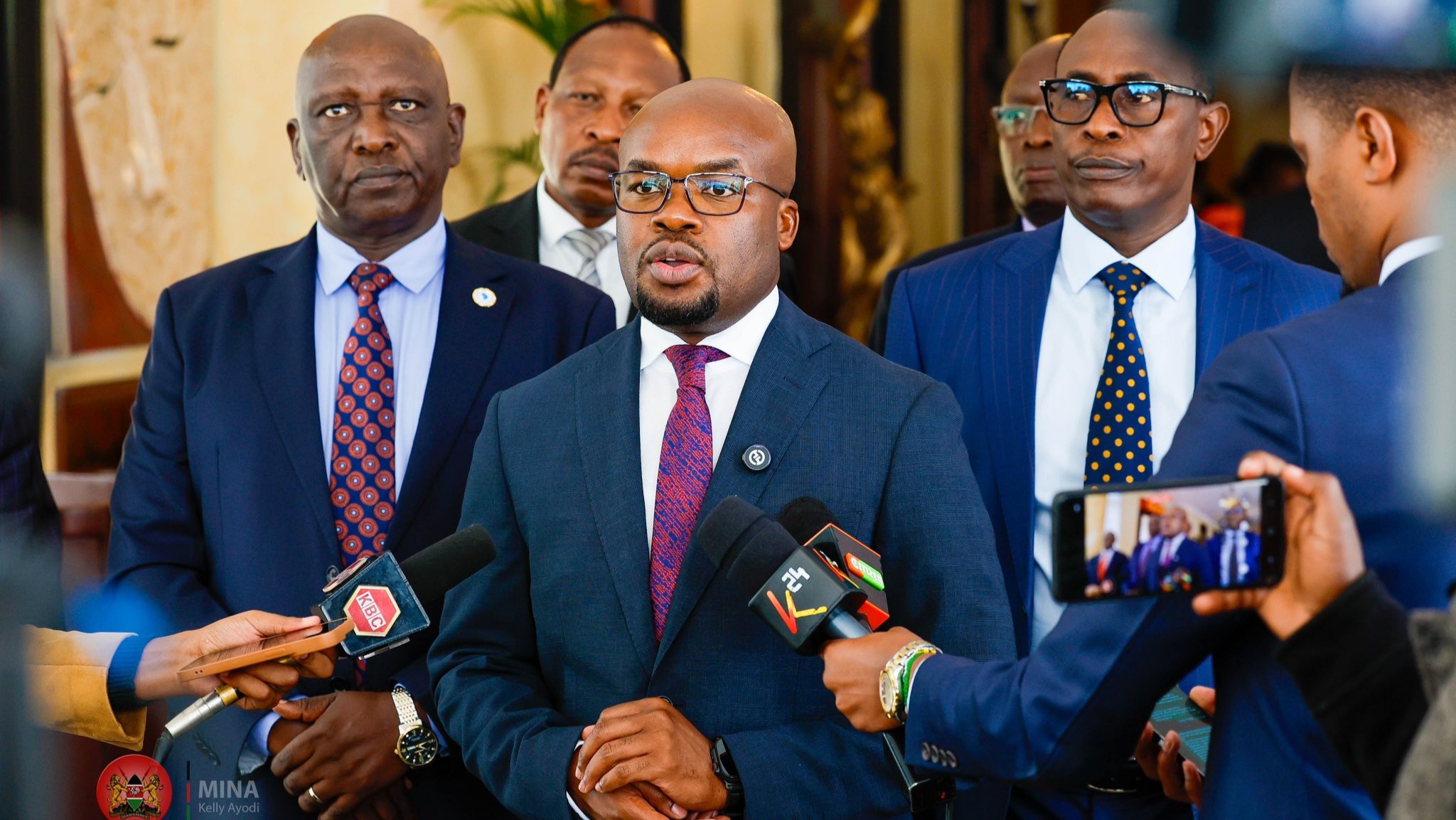
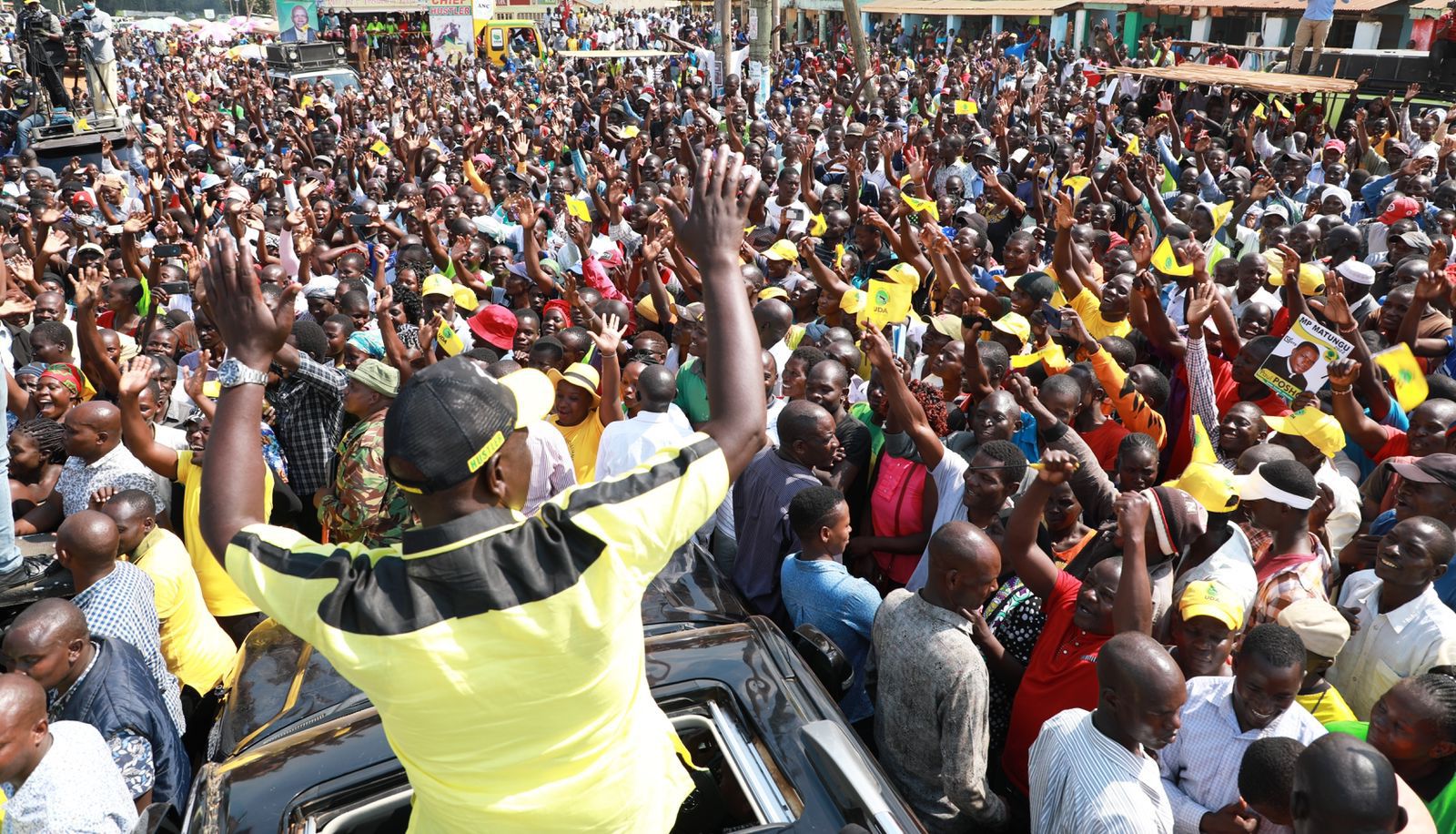
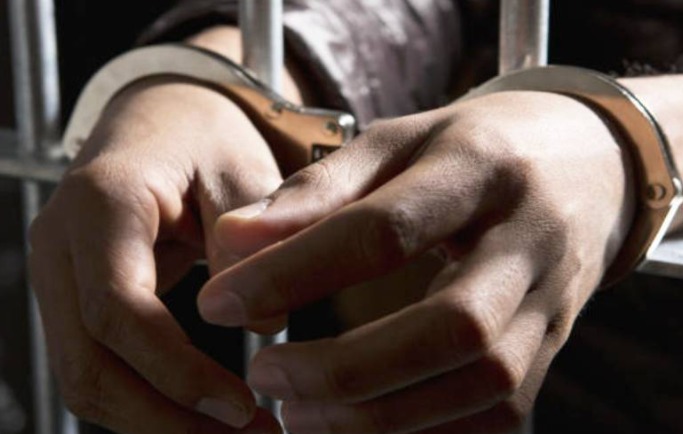
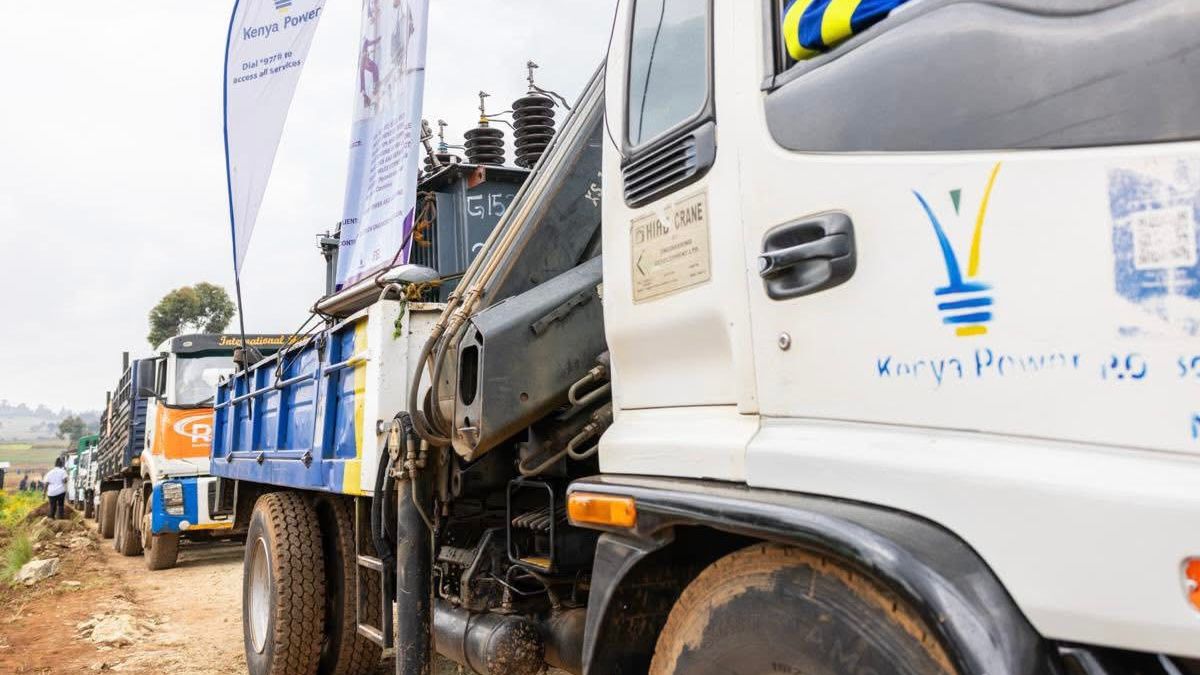
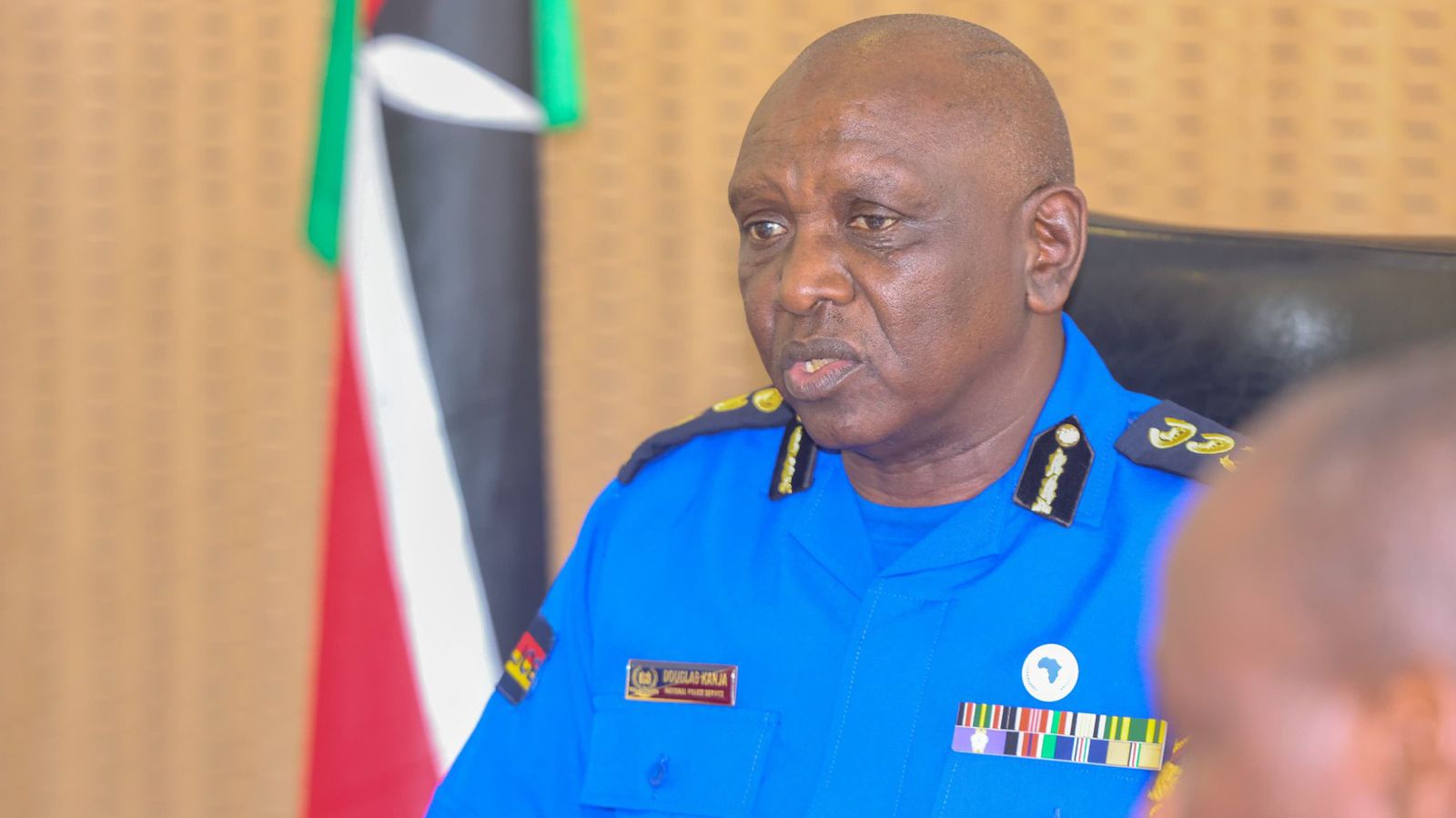
-1771426103.jpg)
